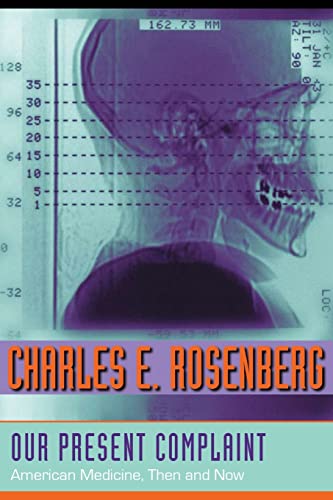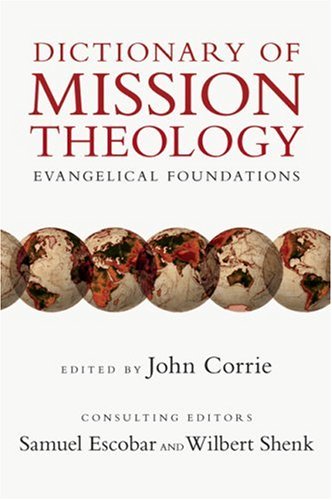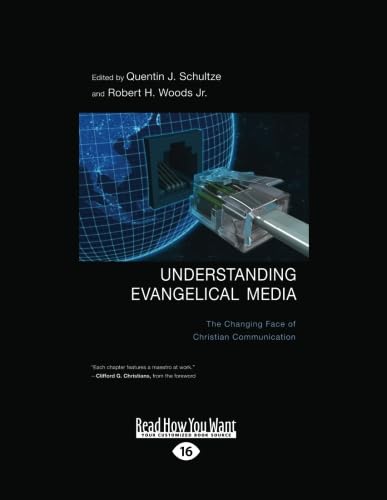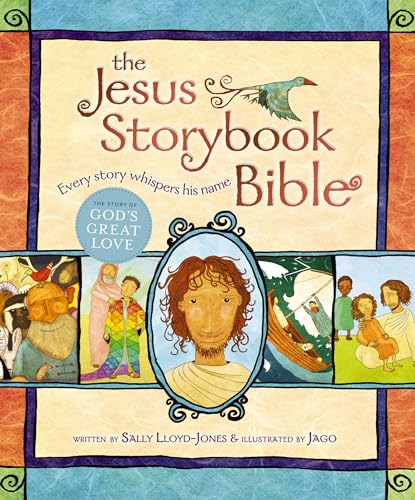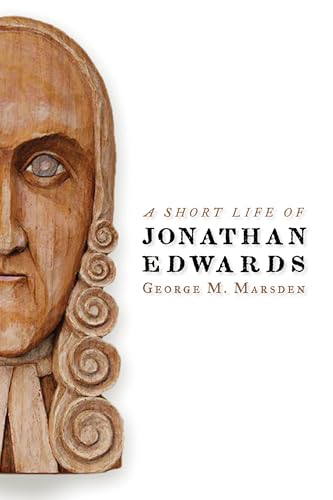Christ and the Decree: Christology and Predestination in Reformed Theology from Calvin to Perkins
Written by Richard A. Muller Reviewed By James R. A. MerrickThe third printing of Richard Muller’s Christ and the Decree by Baker Academic is welcome and timely. It is welcome because it remains the sole single volume redressing modern historiography on the relationship between christology and predestination in Reformation and early post-Reformation Reformed theology. It is timely because while today Reformed theology is vigorously endorsed, it is so variously, often from perspectives that lack the theological and historical knowledge of the Reformed tradition possessed by Muller. Since the first edition of 1986 (Labyrinth Press), itself a revision of his doctoral dissertation at Duke University under David Steinmetz accepted ten years prior, Muller has established himself as North America’s leading scholar on post-Reformation Reformed dogmatics as well as a rigorous and formidable historical theologian. At present, he continues in the post of P. J. Zondervan Professor of Historical Theology at Calvin Theological Seminary to which he was appointed in 1992.
The text remains the same as the 1988 paperback edition (Baker), with the exception of a new preface. There, the author declares: “If I were to write Christ and the Decree today, it would be a very different book.” While the “conclusions of the study would be much the same,” they would have been more attuned to sixteenth century conceptuality and, consequently, less influenced by its modern reception (p. ix). In short, Muller is more fully aware of the ways in which his first monograph was stunted by the questions and terms of the reigning Calvin scholarship at the time, a paradigm which Muller’s scholarship is partially responsible for overthrowing.
This no doubt means a rewrite would be considerably less accepting of Karl Barth’s interpretations. So, “[r]ather than attempting to match the christocentrism of the second-generation Reformers to the christocentrism of the early orthodoxy, I would identify the issue of christocentrism for what it is—an anachronistic overlay of neo-orthodox dogmatic categories—and set it aside as useless to the discussion” (p. x). A detailed presentation of Muller’s thoughts on this issue can be found in his article, “A Note on ‘Christocentrism’ and the Imprudent Use of Such Terminology” (Westminster Theological Journal 68:2 [Fall 2006]: 253–60). Surely accompanying Muller’s disinterest in modern theological concerns would be a more thoroughgoing eradication of modern historiography of scholasticism. Thus, Muller also explains that he would have deemphasized even more the placement of theological loci. As readers of his After Calvin (Oxford University Press, 2003) and the second edition of the first volume of his impressive Post-Reformation Reformed Dogmatics (Baker, 2003) will know, Muller has solidified and extended the position found here on a smaller scale that dogmatic organization has less to do with theology and more to do with the ordering necessary for teaching theology in the academic context. Scholastic theology does not denote specific doctrinal content, but simply “school theology.” Without this theological orientation and these constraints, this would have been a very different text indeed.
Some word about the contents is in order. After the introduction, in which Muller proposes his reading against the distortions and, now surprisingly considering his current grievance with Barth, takes Barth’s rejection of such as a starting point for a fresh assessment, the book divides into two parts. The first explores the relationship between christology and the doctrine of predestination in Calvin and subsequently situates such in relation to that of three of his contemporaries, namely, Heinrich Bullinger, Wolfgang Musculus, and Peter Vermigli. Here Muller uncovers a christological concentration of sorts in the early Reformed that avoided a speculative or deductive doctrine of predestination (one in which God’s decree was interpreted in abstraction from its execution in Christ). In Part 2, Muller goes on to explore the same in Theodore Beza, Zacharias Ursinus, Jerome Zanchi, Amandus Polanus, and William Perkins. This portion attempts to show that while the post-Reformation Reformers developed the early impulse according to a scholastic method, such a development remained in doctrinal harmony with the early codification. Thus Muller’s overarching thesis is that the later scholastics did not introduce a speculative doctrine of predestination that was disconnected from the christological focus of the early Reformers on account of their (the scholastics’) employment of rationalistic scholasticism, but were faithful to the christological/covenantal orientation of Calvin and his contemporaries. Indeed, the structural adjustments consequent upon the scholastic method are not theological in nature but simply pedagogical. In this book, then, one finds early versions of arguments that Muller would go on to develop and would become central to his work. And, as one should expect from Muller, they are meticulously made and supported by penetrating research into both primary and secondary sources.
Discerning readers will have wished Muller would have answered Bruce McCormack’s response to Christ and the Decree (I thank David Gibson for alerting me to this essay). To be sure, the core of McCormack’s response will be met with a yawn or two from Muller who, as mentioned above, is no longer interested in issues of doctrinal ordering or christocentrism. But McCormack’s is the only substantial response, and it would have been helpful for Muller to provide readers with his perspective. McCormack argues that Muller’s reading of Calvin, mistaken at several points, actually confirms Barth’s critique of Calvin’s doctrine of predestination. According to McCormack, Muller’s Calvin does in fact articulate a speculative, that is, non-christological, doctrine of predestination because it is the eternal Son, undetermined by his incarnate identity as Jesus Christ, who is the subject of the divine decree (“Christ and the Decree: An Unsettled Question for the Reformed Churches Today,” in Reformed Theology in Contemporary Perspective [ed. Lynn Quigley; Edinburgh: Rutherford House, 2006], p. 134). Since Muller’s critique of Barth has expanded and sharpened over time, an answer to one of today’s foremost Barth scholars on this point seems necessary.
Christ and the Decree is still a valuable source for the theology of predestination in early Reformed theology. It would be a great text for classes on Reformed theology, and could be used to supplement standard treatments of Reformed covenantal theology. And while scholars will want to turn to Muller’s later works for a more mature form of the arguments, there is much insight into the character and development of Reformed theology to be found in this book.
James R. A. Merrick
King’s College, University of Aberdeen
Aberdeen, Scotland, UK
Other Articles in this Issue
For Ezra had set his heart to study the Law of the LORD, and to do it and to teach his statutes and rules in Israel (Ezra 7:10)...
Salvation History, Chronology, and Crisis: A Problem with Inclusivist Theology of Religions, Part 2
by Adam SparksA fundamental requirement in an inclusivist understanding of the relationship between Christianity and other religions is evidence of God's salvific activity outside of any knowledge of Christ...
The Center of Biblical Theology in Acts: Deliverance and Damnation Display the Divine
by James M. Hamilton Jr.Acts 1:1 opens with a reference to what Jesus "began to do and teach"1 recounted in the Gospel of Luke, indicating that this second volume will carry the narrative of Jesus' actions and teachings forward...
Shared Intentions? Reflections on Inspiration and Interpretation in Light of Scripture’s Dual Authorship
by Jared ComptonIt was not too long ago that Kevin Vanhoozer answered the question Is There a Meaning in This Text? by relocating meaning in authorial intention,1 doing so even more robustly (not to mention, evangelically) than E...
The original question I was asked to address was "How does our commitment to the primacy of the gospel tie into our obligation to do good to all, especially those of the household of faith, to serve as salt and light in the world, to do good to the city?" I will divide this question into two parts: (1) If we are committed to the primacy of the gospel, does the gospel itself serve as the basis and motivation for ministry to the poor? (2) If so, how then does that ministry relate to the proclamation of the gospel?



